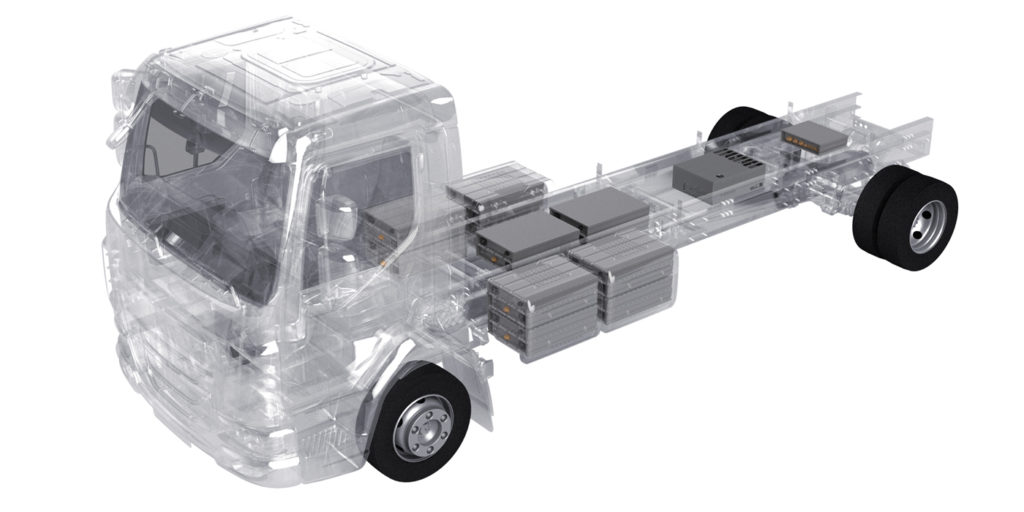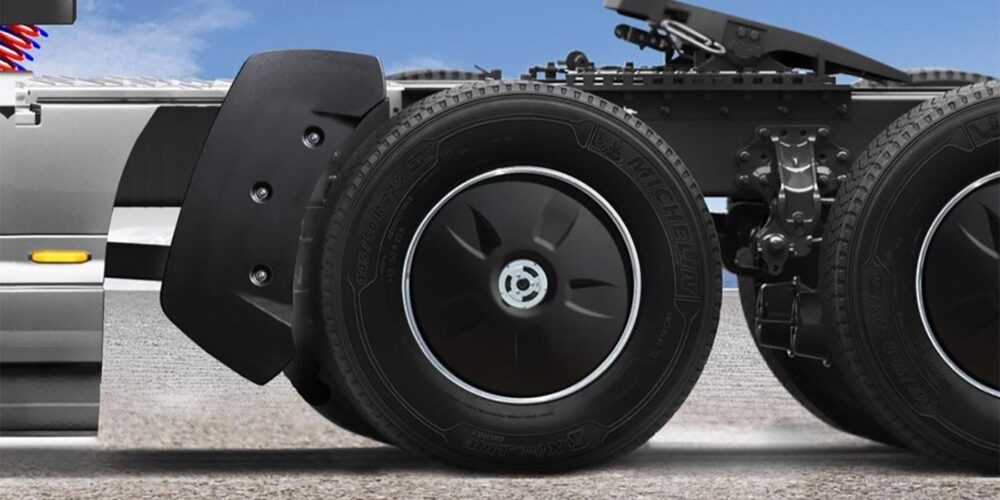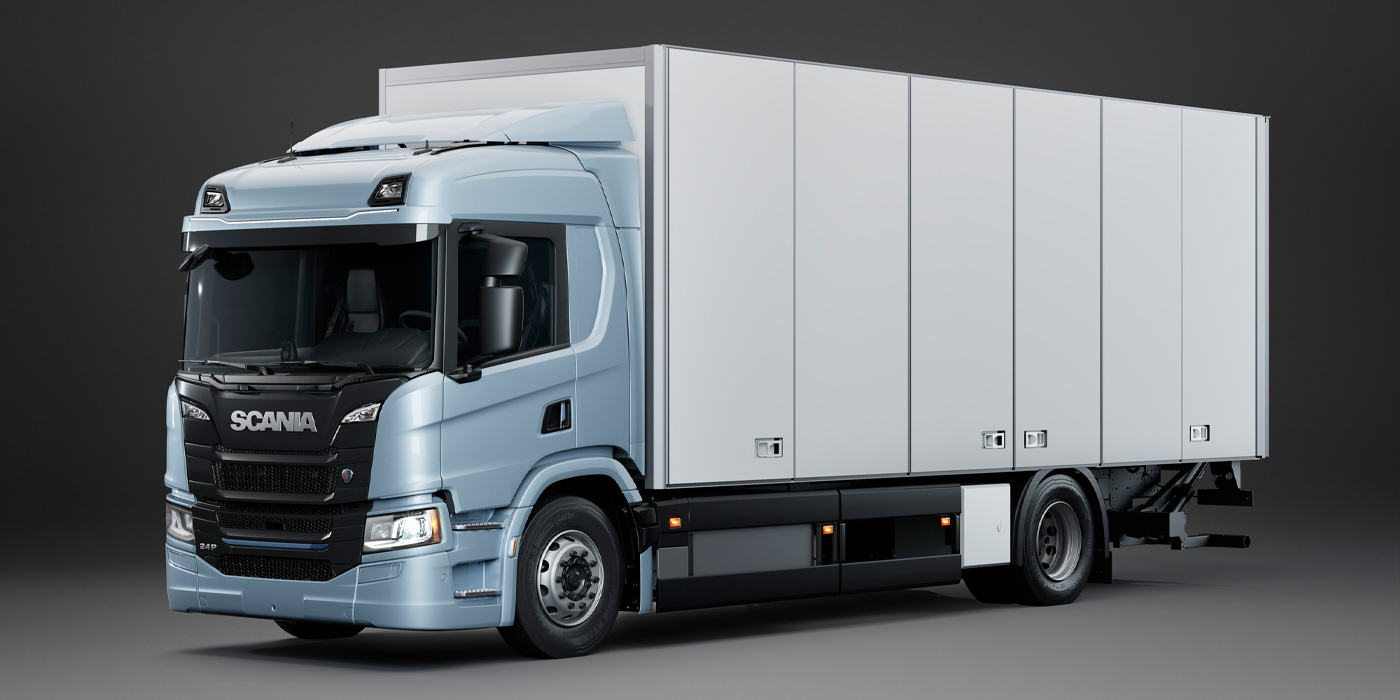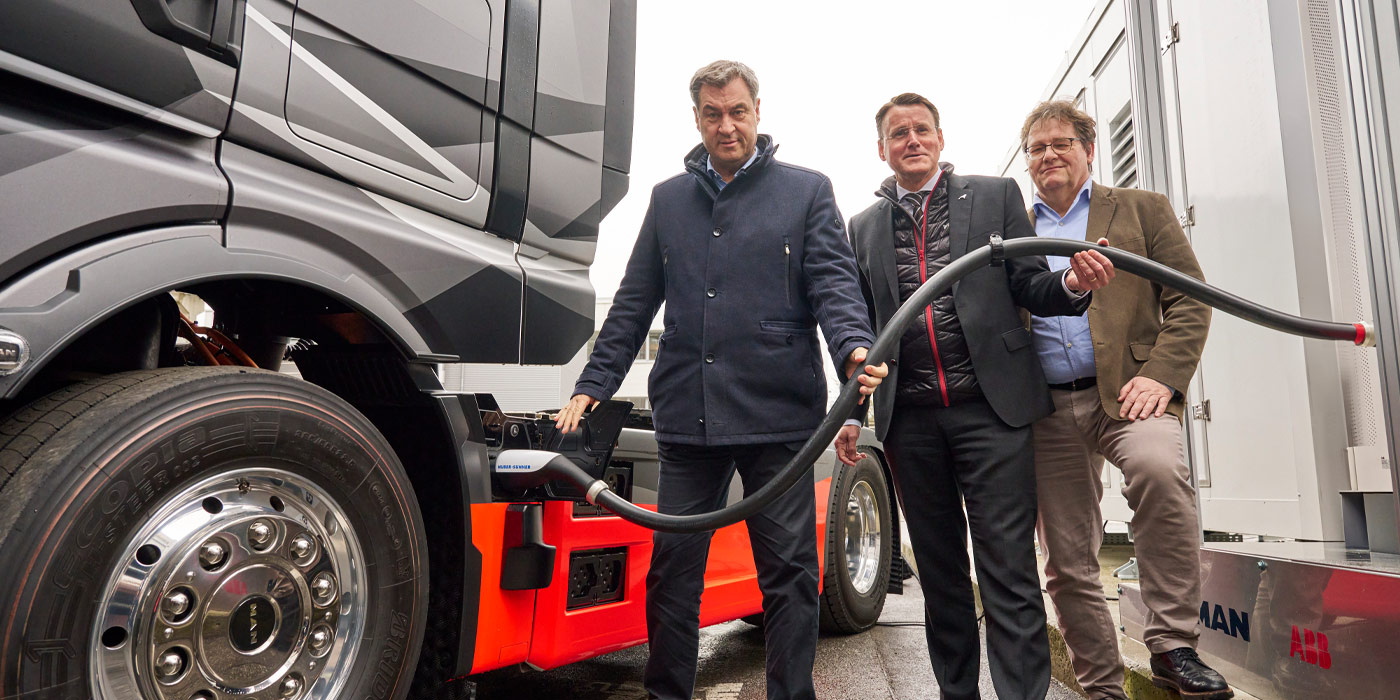Webasto is adding a line of high voltage battery and thermal management products to its existing bunk heater and coolant heater product offering.
Josh Lupu, Webasto’s director of marketing, says the company is accomplishing this by integrating its modular CV standard battery system – which uses a Vehicle Interface Box (VIB) to provide a single interface for communication between the battery system and the vehicle, allowing up to 10 battery systems to be controlled within a system – as well as several thermal management products into its products portfolio.
“Our eBTM [Electric Battery Thermal Management] is an all-in-one electric battery thermal management system, and this is the perfect complement to the CV standard product. It provides an off-the-shelf solution,” Lupu says. “We also have full vehicle thermal management systems that will heat and cool the interior cabin space, the motor and the power electronics in addition to the batteries. So, the strategy is to bring to market a full systems approach.”
With 400V and 800V configurations available, each battery pack has 35 kWh of energy, and because up to 10 packs can be used for a combined 350 kWh, the system is designed for scalability and configuration flexibility. The company’s eBTM solution has a cooling capacity of up to 7.5 kW and a heating capacity of up to 15 kW. Lupu says last-mile delivery fleets and buses tend to be the quickest adopters of Webasto’s e-mobility technology and battery components.
“We can help them size the battery system so that they get the most out of it, and they can make their daily routes on a single charge. They just need the charging hardware at their place of business; they don’t have to rely on nationwide infrastructure,” Lupu says. “Behind last-mile delivery we see bus, and then vocational as the early adopters.”
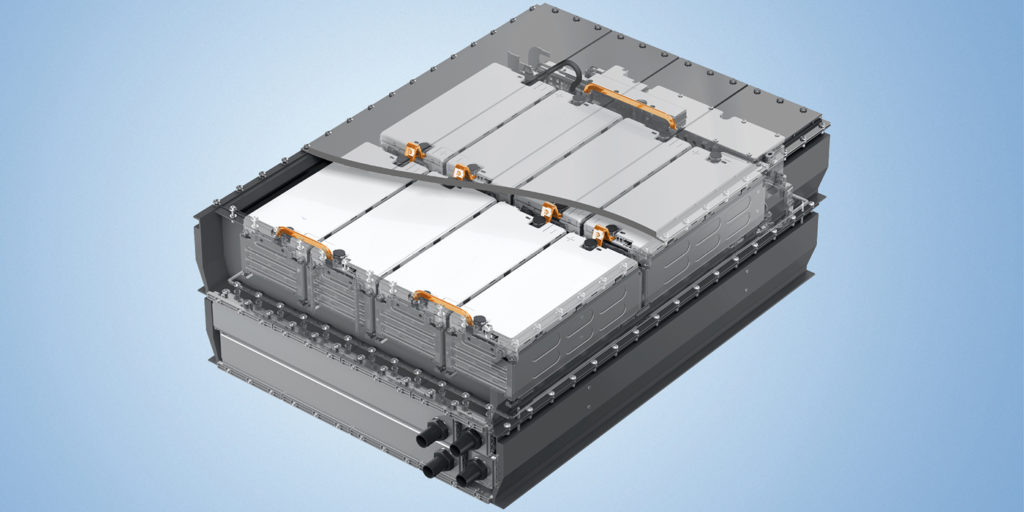
Lupu says the company’s current 35 kWh battery pack will work as a “great building block” to develop different-sized packs to fit a wide range of vehicles on the market.
“We’re currently developing our future product roadmap, and with the products we have behind the CV standard we are able to service even more markets,” he says. “So, while the 35 kWh pack is perfect for many commercial vehicles, we are getting requests for some other unique solutions. So, we’re incorporating some of those requests into our product development, and we’ll be able to help even more customers electrify their platforms in the near future.”
Webasto’s modular CV standard battery system allows the company to tailor each e-mobility solution to the specific needs of the fleet being spec’d, Lupu says.
“We help the OEM tailor it to the needs of the fleet. We help the OEM pick the number of batteries, the appropriate thermal management solution, and while it is an off-the-shelf pack, because we can add or take away packs in increments of 35 kWh, we can very finely hone in on the amount of energy they need,” Lupu says. “With too much energy, a fleet could potentially be paying for too much and it would weigh too much, so their load and their haul wouldn’t be as efficient.”
Lupu says it has been Webasto’s goal to develop a best-in-class solution with its modular CV standard battery system, especially in terms of safety. He says the company opted to make the battery packs water-tight, which required Webasto to manufacture its own cooling solution, thus keeping liquid solely outside of the pack. During testing, battery packs go through shaker and crush testing up to 100 kN, and, should anything ever happen to a pack out on the road, each one is developed with redundant venting systems.
“Because this is a modular approach and we want this to be used in all types of vocations, we designed this to be a rugged, durable solution,” Lupu says. “A lot of financial and human resources have been put into R&D. We have the industry’s most brilliant people working in R&D and some of the concepts they have are absolutely mind-blowing.”

